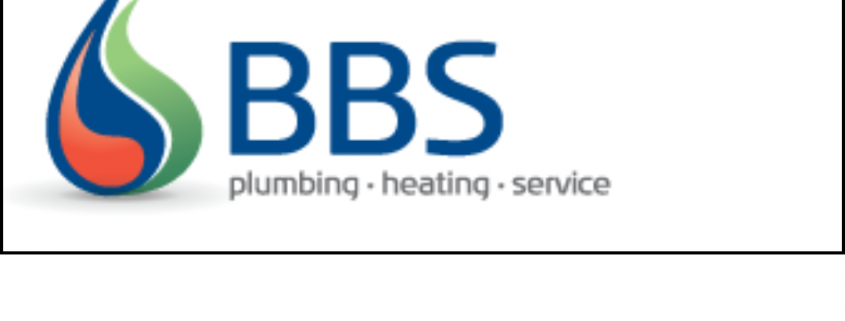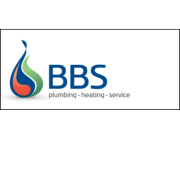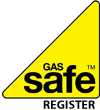Preventing Limescale Building Up A Large Scale Boiler Problem
Bernard’s family all settled down to watch “101 Dalmatians” on the TV over Christmas.
When it finished, Bernard was asked how it was possible that I was staring so intently at the screen almost as if I was really involved with the movie! It was noticed that I whimpered at all the sad moments, moved around nervously in my basket at scary bits, but most of all, howled like crazy at the funny parts.
“Yes,” said Bernard “It was weird of Moo to do that. He hated the book!”
Woof woof!
There was a lot of terrible wet weather over Christmas and New Year but it’s been mild so no emergency callouts to deal with freezing pipes like last year – yet! We hear that some of the polar conditions currently being experienced in the US are due to arrive here in the UK next week! But Bernard and I are always ready and know exactly what to do when pipes freeze, radiators or boilers stop working…
1 in 6 households are in hard water areas
A particular problem in the greater London area where Bernard mostly works is the build up of limescale, which can cause major problems in central heating systems. More than six in ten properties around the UK are supplied with hard water rich in minerals such as limestone. The average household living in an area with hard water will accumulate around 70kg of limescale in just 12 months, clogging up hot water pipes, appliances and heating systems.
Of course, I don’t mind how hard the water is as long as there is plenty always in my bowl (or else I will find a drink elsewhere – woof, woof!
First signs of a problem will be boiler noise
Limescale is formed when water is heated above 55 degrees and tends to form in the hottest part of the system. The first signs of a problem will be boiler noise caused by overheating of the water as a result of steam bubbles, which collapse loudly as they move away from the heat transfer surface and into the cooler water.
As limescale builds up on the heat transfer surface it has a direct impact on system efficiency, which can be reduced by 12 per cent by just a 1.6mm layer of scale, according to British Water. A loss of heat transfer efficiency means the boiler has to work harder by burning more fuel, resulting in an increase in home energy bills.
Bernard often finds that it is the build up of limescale that is the culprit when investigating a customer’s noisy boiler!
Protecting appliances and pipework
Preventing a build up is easy these days. From using chemical water softeners (for appliances such as kettles, washing machines and dishwashers) to installing electronic descalers to protect the pipework and ultimately, the boiler. Never try to forcefully chip scale away from tap nozzles or heating elements as this will likely to cause structural damage.
I have to admit the I’m not too keen on tasting the white crunchy bits of limescale myself – I much prefer one of Bernard’s tasty hobnobs!






Leave a Reply
Want to join the discussion?Feel free to contribute!